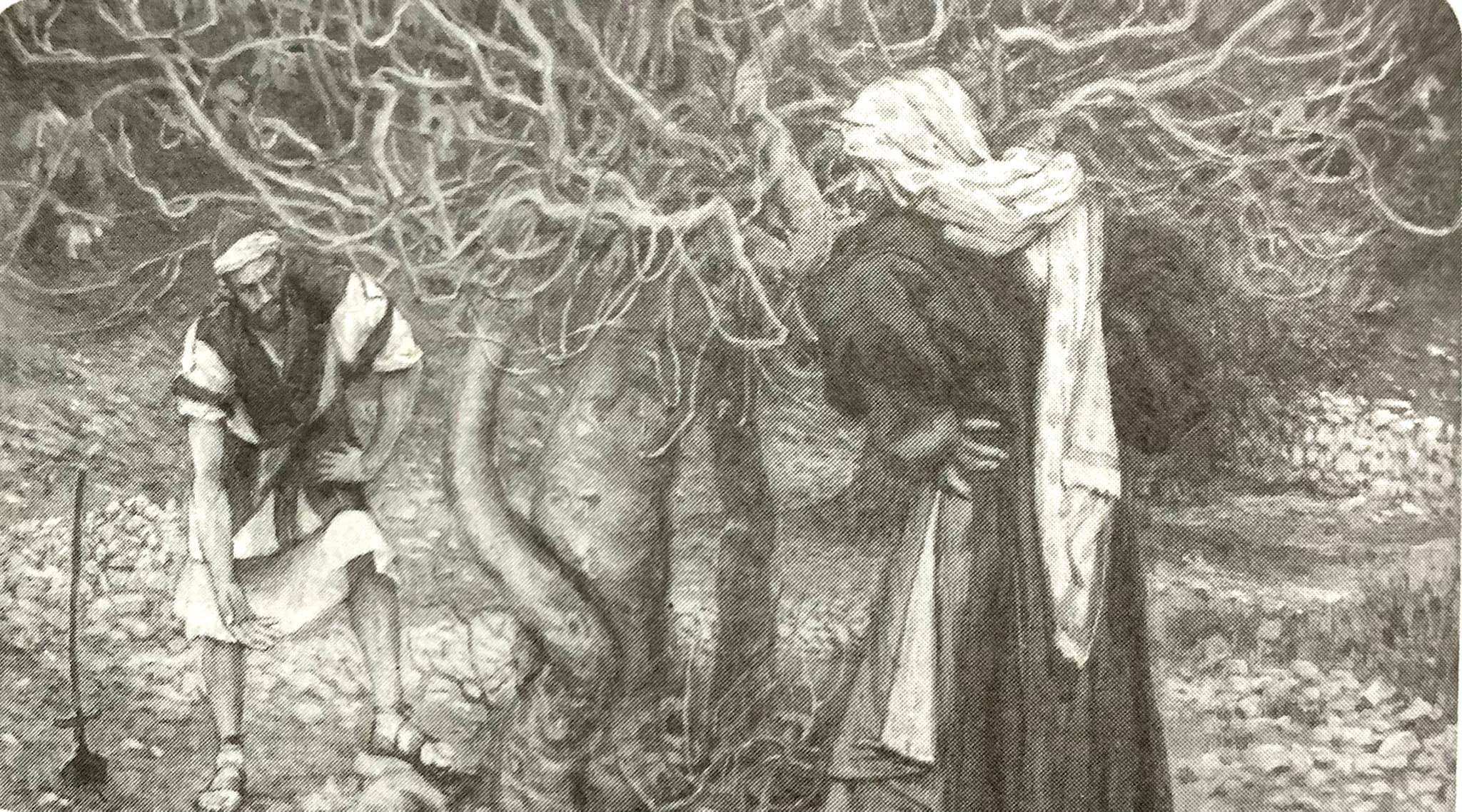329 total views
The story about the murdered Galileans, the eighteen killed at Siloam and the parable of the barren fig tree in today’s gospel (Lk 13:1-9), are found only in Luke. The two incidents are considered pronouncement-stories, thus ending with a challenge from Jesus: “if you do not repent…you will also perish”(vv3,5), and the barren fig tree, a parable (vv6-9). They can be connected as a call to repentance and the chance to be able to do it.
The verb to repent ‘metanoeō’
(μετανοεω) literally means ‘to turn back/away’ [echoeing the OT word ‘shûb’ (שׁ֣וּב), cf 1Kgs 8:47, Is 59:20; Dn 9:13] which connotes not just a change of one’s mind or outlook but an abrupt about-face in moral conduct. This radical redirection signifies a new walking with God, ongoing in nature, in separation from sin, a shift from a worldly path to an engagement with God. Thus in NT it refers exclusively to ‘turning from one’s sins’ (Mt 3:2; Mk 1:15; Lk 13:3,5; Acts 2:38, 17:30, 26:30).
In the gospel, Jesus insists that the gruesome death of the Galileans killed by Pilate with that of the accidental death of the Jerusalemites due to the sudden collapse of a tower in the old wall of the city were not because they were greater sinners than others. They may have been no more guilty than the rest. Rather their sudden death challenged those who are still alive to repentance. Like the barren fig tree they are given the chance to bear fruit, to a reformation of life.
We are reminded therefore that there is a day of reckoning for all. Our existence can also be suddenly terminated in a similar way. At any moment, “life” may be “demanded” of us for scrutiny and assessment (cf Lk 12:20). We should learn from misfortunes that occur rather feel that we are immune . As St Paul reminded us against over confidence “whoever thinks he is standing secure should take care not to fall”, (cf 1Cor 10:10-12). Now is the time to bear fruit. Everyday is a gift and a moment of growth.

















